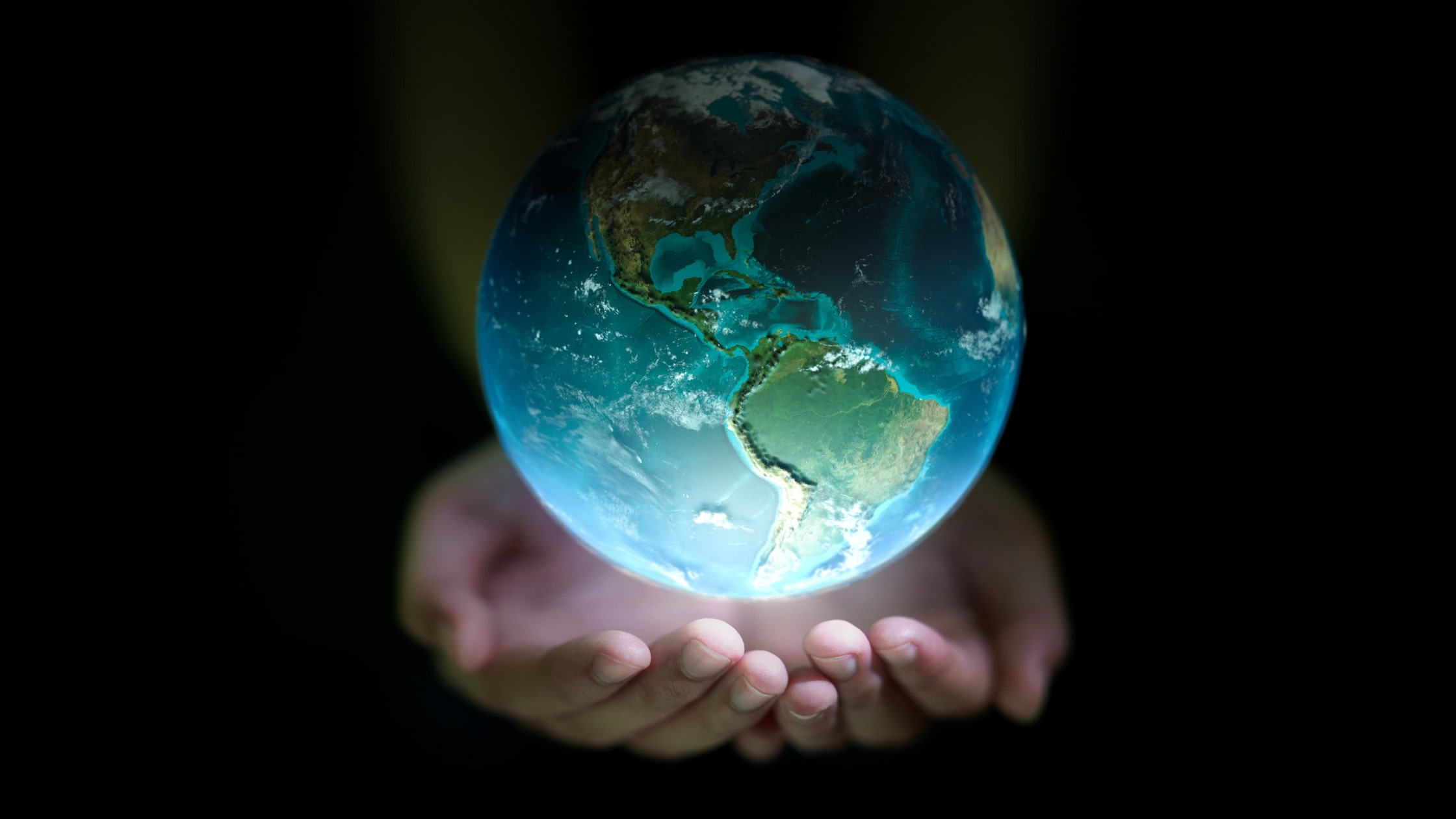Despite ambitious strides in technology, environmental sustainability is arguably the most important – and urgent – issue facing humanity in the twenty-first century. Advancements in sustainability stand to curb Earth’s slow degradation and perhaps undue some of the harm that has been done to Earth’s capacity to support life. Such initiatives must pair emphasis on Earth science and climate change with a progressive approach to environmental stewardship and advocacy. We need to be informed, active, and vigilant as we pursue fixing and then maintaining our home world’s ability to support all life – including our own.
Unraveling Earth Science
Earth science writ large encompasses aspects of many disciplines: geology, meteorology, oceanography, and environmental science. Together we study Earth’s physical and biological systems, aiming to unravel its past, present, and future. In so doing we seek to understand how ecological systems work, how we have upset them, and (hopefully) how we can work to restore things to a self-sustaining state resembling how Earth’s systems once worked. Earth science underscores how these fields work in tandem, shedding light on our planet’s dynamic nature and the delicate balance of its systems. Again, if we gather enough data and put enough imagination into this issue we can build a more informed and sustainable infrastructure and preserve our most vulnerable natural resources
The Global Challenge of Climate Change
Climate change remains the greatest existential threat to life on Earth; it is a global phenomenon with far-reaching consequences, and its impact is multifaceted, affecting all ecosystems.
The primary driver of contemporary climate change is the rapid increase in greenhouse gases including carbon dioxide (CO2) and methane (CH4) in our atmosphere. These gases serve to trap heat, leading to a gradual rise in global temperatures. The more of these gases we introduce into our atmosphere, the more warming that occurs. Hence the phrase “global warming”.
As a consequence of this global warming rising sea levels now threaten coastal communities. Extreme weather events become more frequent and severe resulting in economic hardship, population displacement, infrastructure destruction, and all too often, needless death. Glaciers and polar ice caps are melting at an alarming rate, contributing to sea-level rise. Shifts in climate patterns disrupt ecosystems, affecting plant and animal species. Agriculture faces challenges as changing weather conditions impact crop yields. The implications for human society, from food security to displacement due to rising seas, are substantial. And it is only going to get worse.
Addressing climate change requires global cooperation and concerted efforts to reduce greenhouse gas emissions, transition to renewable energy sources, and adapt to the changes already underway.
The Global Plague of Pollution
Pollution resulting from human industrialization is a primary contributor to environmental damage. In addition to the climate change mentioned above, pollution affects air quality, water stability, soil health, and inevitably, human health . These factors stem from countless origin points, including, but not limited to, vehicle emissions, chemical discharges in water, improperly disposed plastics, accumulated heavy metals, and over use of pesticides. Beyond its immediate environmental consequences, pollution plays a major role in climate change. For instance, black carbon, a component of particulate matter from burning fossil fuels, contributes to warming by absorbing sunlight and darkening ice and snow surfaces – thus hastening melting.
This widespread issue requires an equally multipronged approach to advocacy; stricter environmental regulations, cleaner technologies, sustainable agriculture practices, and responsible waste management techniques are just a few broad ways to mitigate pollutants and emphasize a greener methodology in our most unsustainable professional sectors.
Action can no longer be an afterthought or subject of procrastination. The choice as to whether something needs to be done is no longer a choice. It is an imperative. We must normalize and embrace this urgency to ensure our long-term viability on this planet.






